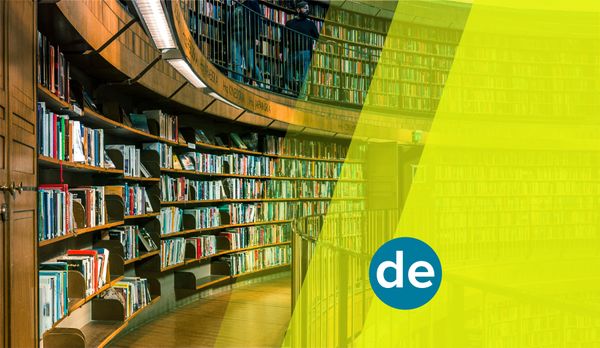Current happenings in the Internet governance context in August 2022:
On the way to an IGF+, UN Secretary-General António Guterres named ten members on 15 August 2022 of the IGF Leadership Panel (ILP) he had announced in his Roadmap for Digital Cooperation (June 2020). The ILP is intended to give the IGF greater political relevance and help connect the multistakeholder discussions of the IGF with the multilateral negotiations of the UN. The 15-member ILP includes two representatives each from governments, the private sector, civil society, the technical community, and the so-called "At Large" community. They are joined by the Chair of the IGF Multistakeholder Advisory Group (MAG), Paul Mitchell, the newly appointed UN Technology Envoy, Amandeep Singh Gill, and a troika of previous, current, and future IGF hosts (Poland, Ethiopia and Japan). Among the ten newly appointed members are Vint Cerf, father of the Internet, Toomas Hendrik Ilves, former president of Estonia, and Nobel Peace Prize laureate Maria Ressa of the Philippines. Other members include ETNO Director General Lise Fuhr of Denmark, the new President of the International Chamber of Commerce (ICC), Maria Fernanda Garza of Mexico, Lan Xue, Rector of Schwarzman College of Tsinghua University of Beijing, and Austrian Minister for Europe Karoline Edtstadler
On 3 August 2022, Nathaniel Fick was confirmed by the U.S. Senate as the new U.S. Cyber Ambassador. This new post had been created on the recommendation of the Cyberspace Solarium Commission (CSC). The CSC – a cross-party group of experts from both Chambers of the U.S. Congress – had recommended a fundamental realignment of U.S. Internet policy already while the Trump administration was still in power. The new Bureau of Cyberspace and Digital Policy is now the central coordinator of U.S. cyber policy for cyber security, cyber crime, digital infrastructure security, new technology developments, cross-border data flows, digital development assistance and human rights. Nathaniel Fick was CEO of the cyber security company "Endgame" and previously served in the U.S. Navy. He became known for his best-selling book "One Bullet Away: The Making of a Marine Officer." At his hearing, Fick argued that it is on the "technology front" that the crucial political, diplomatic and economic struggles of the 21st century are taking place. He outlined his mission in terms of a triad: 1. Working more closely with Western allies, 2. Taking a clear edge against autocrats, and 3. Strengthening the own technological and institutional basis.
On 29 August 2022, the third negotiation round to draft a new UN convention to combat cyber crime began in New York. Now that agreement has been reached on the basic structure of the new treaty, the first concrete articles are being drafted. The main points of contention are the definition of criminal acts in cyber space and cross-border prosecution procedures. In the run-up to the 3rd session, the chair of the Ad Hoc Committee (AHC), Algerian Ambassador Faouzia Boumaiza Mebarki, sent out 48 questions. The answers will be discussed until 9 September 2022.
On 4 August 2022, the Global Forum on Cyber Expertise (GFCE) announced a "Global Conference on Cyber Capacity Building" to be held in Washington in February 2022. This meeting, which has been titled a "World Conference", will be organised in cooperation with the World Bank, the Davos World Economic Forum, and the CyberPeace Institute in Geneva
In August 2022, a discussion about the relationship of blockchain to the Domain Name System (DNS) flared up again in some ICANN Constituencies. This was triggered by the increase in registration of names in the so-called "Ethereum Name Service" (ENS). The ENS is an open, distributed, and extensible naming system that interacts directly with the Ethereum blockchain. Similar to the DNS, the ENS helps to map machine-readable addresses like "0xd0eAf74B8c5bF457C7a81c3fe277aDb6Ed32DCF4" to human-readable addresses like "name.eth". The goal of the ENS domains is to become the user names of the Web3 and the metaverse. The domains are managed by so-called "decentralised autonomous organisations" (DAOs). They can store crypto wallets, websites, content hashes and metadata. Domain holders can connect all their crypto wallets on a single ENS domain and receive cryptocurrencies or NFTs. At ICANN, there was consensus that on the one hand blockchain is outside ICANN's mandate. On the other hand, however, a further proliferation of ".eth names" (there are over one million .eth addresses registered to date) may lead to confusion among end users. ".eth" is not a Top Level Domain registered in the ICANN root. Therefore, ICANN should closely monitor the further development here.







